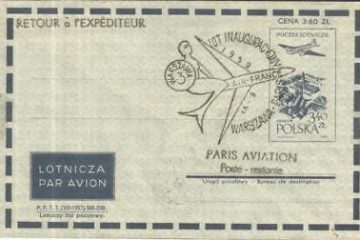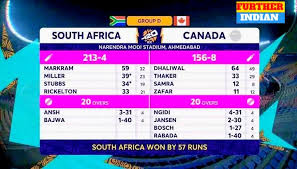The Enduring Influence of John Clarke in Australian Comedy

Introduction
John Clarke, a celebrated Australian comedian, writer, and satirist, left an indelible mark on the landscape of Australian comedy. Renowned for his unique ability to combine humour with sharp social commentary, Clarke’s work remains relevant today, particularly in a world increasingly yearning for a critical lens on politics and society.
The Life and Career of John Clarke
Born in New Zealand in 1948, John Clarke moved to Australia in the early 1970s, where he soon became a prominent figure in the entertainment industry. He gained fame through his collaboration with fellow comedian Bryan Dawe on the popular television series ‘The 7.30 Report’. Their satirical segments, which mockingly presented political interviews, resonated deeply with audiences. Clarke’s characterisation of a bumbling politician became a hallmark of Australian political satire.
Clarke’s comedic genius was not limited to television; he also had a successful career in theatre and film. His performances and writings showcased a keen ability to dissect the nuances of Australian culture, often poking fun at the absurdities within it. Notably, his work in the 1990s, especially with segments like ‘The News with Bryan Dawe’, solidified his status as a national treasure.
Impact and Legacy
John Clarke passed away in 2017, yet his influence continues to be felt across Australia. His commitment to social justice and critique of authority has inspired a new generation of comedians and political commentators. In recent years, various tributes have emerged, acknowledging his contributions to the arts and his unique role in shaping modern Australian humour. The continued popularity of archival sketches and anecdotes about Clarke underscores the timeless quality of his work.
Conclusion
As Australia faces new political challenges, the legacy of John Clarke serves as a reminder of the importance of satire in society. His ability to blend wit with wisdom invites reflection on current events and encourages critical thinking. Clarke’s body of work is not merely entertainment; it remains a crucial vehicle for engagement and discussion in the ever-evolving tapestry of Australian culture. For audiences seeking to understand the intersection of humour and politics, Clarke’s contributions offer both insight and inspiration.









